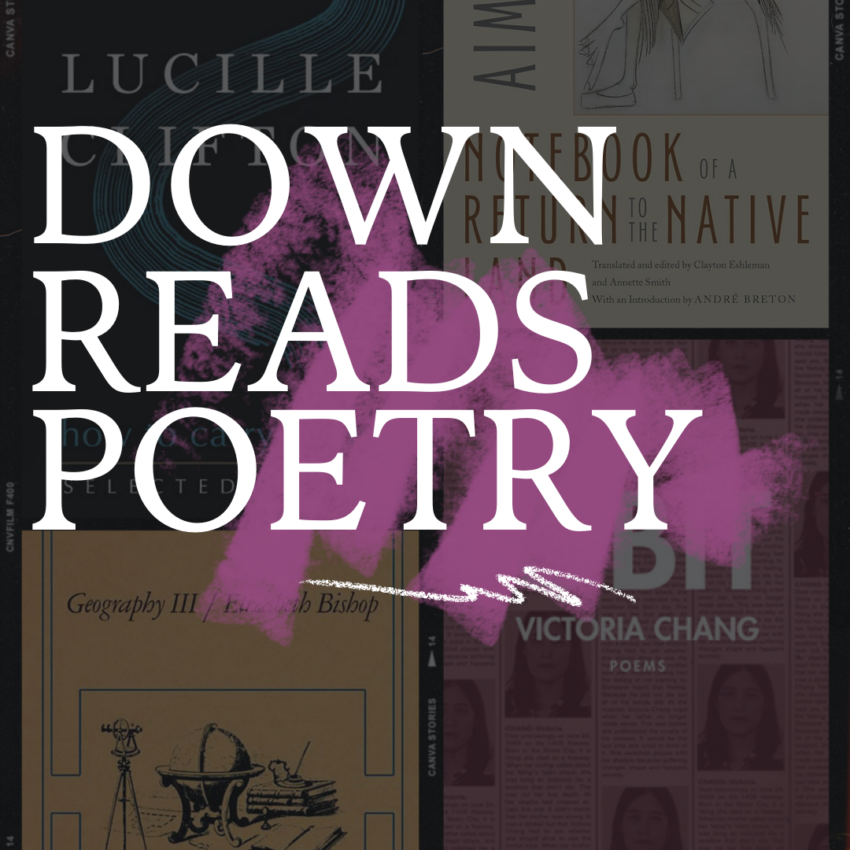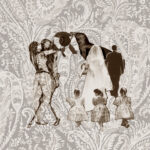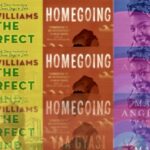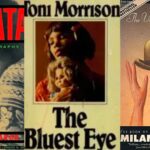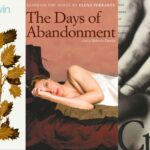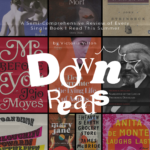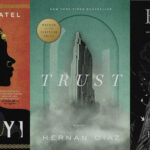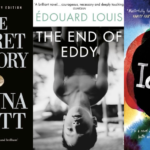I speak here of poetry as the revelation or distillation of experience, not the sterile word play that, too often, the white fathers distorted the word poetry to mean — in order to cover their desperate wish for imagination without insight.
For women, then, poetry is not a luxury. It is a vital necessity of our existence. It forms the quality of the light within which we predicate our hopes and dreams toward survival and change, first made into language, then into idea, then into more tangible action.
(Audre Lorde, “Poetry Is Not A Luxury”).
My loved ones ask me how to read poetry. How are we supposed to ‘get it’, especially the new experimental stuff? Is it the surface of the poem, the very skin of it that we are meant to enjoy? Or, is there some secret critical analytics required to read poetry, something that is different than consuming a novel or news article?
My mother used to say this to my bewilderment. Growing up, the most prominent feature of our apartment were the large oak bookshelves, crammed with books stacked vertically and horizontally. My mother is a woman who reads, mostly fiction, but always voraciously and meticulously. Reading poetry remained nonetheless alienating to her. Like a fine delicacy you don’t quite like and don’t quite know how to eat.
One day a few years ago I texted her “The Raincoat” by Ada Límon, a poem about mothers and daughters and the sacrifices of women. I could tell she liked it because she was immediately hungry for more. I texted her more Límon, things I thought she’d like, particularly a favorite of mine “How to Triumph Like a Girl”. A few weeks later my mom texted me that she’d gone and picked up a few of Límon’s books from the public library. For her birthday that August, I bought her The Carrying. Everytime I come home, I bring a copy of The Yale Review and some of the undergraduate literary papers. I find them in different places than I initially set them down. And I know she’s reading.
It’s a lovely story, about me and my mom finding something to share in an art form that has been foundational to my life for years. And beyond its loveliness, there’s some wisdom to it. The poetry that we recognize ourselves in is not a luxury, it’s a necessity of living. “The Raincoat” and the subsequent Límon poems belong to a body of work my mom sees herself in (concretely: motherhood, womanhood; abstractly: the burden of reproductive labor). The power of poetry is that we may perceive ourselves (or others) in it so much so that we might pretend it perceives us back. It is that illusion that stokes our joy, aspirations, and resistance.
Reading poetry requires analytics, just as reading or consuming other media does. (There are numerous critical analyses that can be applied to poetry.) Lorde proposes that poetry is a necessity of living, a song that originates from the human and sustains us. I propose that there is an available analysis of poetry that originates from our experiences as humans and sustains our reading. Find poetry that is vital to our survival, our communities, our revolution and seek recognition. This is not “sterile word play”, this too is rigorous.
Here are some places to begin.
How To Carry Water: Selected Poems of Lucille Clifton, Lucille Clifton (2020)
Lucille Clifton wrote in her poem “Dialysis”, “i am alive and furious”. Attention and endurance in adversity. This is the tenor of her work, her short lines often brimming with maxim and morality. Clifton habitually avoided capitalisation and punctuation. Sometimes she makes new words by colliding two old ones. My favorites come from Clifton’s “my poem”: “lucysongs” and “lucysighs”.
Clifton was ‘discovered’ by Langston Hughes (and first published in a collection he edited), nominated multiple times for the Pulitzer prize in poetry, and served as poet laureate of Maryland, but she is often referred to as a “forgotten American poet”. She has published thirteen volumes of poetry, hence the choice of a collection. I’ve learned the most from her lyric by flipping through the pages of this thick selection and choosing a poem at random.
Read Clifton for testimonies of womanhood, Black urbanism, love, & devotion.
Geography III, Elizabeth Bishop (1976)
Elizabeth Bishop is a fan favorite in the Yale English Department. (She’s also my favorite). Geography III is my pick as an introduction to Bishop’s verse because it contains some of her most iconic poems, the well known and loved “One Art”, and also because this collection–unlike the well-read Poems—does not contain unpublished works published posthumously.
Bishop was an American and Canadian poet who spent a large part of her adult life living in rural Brazil, though she published sparingly in American literary and culture magazines. Geography III, named after a popular children’s geography textbook, takes up place and imagination. In this volume Bishop’s interest in free verse and interest in rigid convention (such as the villanelle) are both highlighted. One goodreads user remarks, “I read a review which praised Bishop’s ‘sense of place,’ and that might sum it up. Lacking much of a sense of place myself, I can’t recognize it in others. So it’s all my fault that I’m not into Bishop, but I think I can live with it.”
Read if you feel unplaced.
OBIT, Victoria Chang (2020)
Victoria Chang is a contemporary American poet and literary critic. Her book OBIT was incredibly influential to me during my first year of Yale. Chang is interested in poetic convention and often explores traditional Japanese verse forms, such as the tanka and the waka (featured in her collection The Trees Witness Everything).
OBIT is short for ‘obituary’. It also reminds me of the word ‘orbit’. OBIT is a series of obituaries, written as prose poems and justified on the page as slim newspaper announcements. Chang talks about the shape of these poems and the large white matrix they leave on the page and calls her poems little “tombstones”. What begins as elegies for her mother and her ill father transforms into a vast, and oftentimes surreal and cerebral contemplation of loss. Chang will go on to eulogize things that have not died; things that cannot die (i.e. her mother’s teeth).
Read if you do not know what prose poetry is but you want to learn. Read for loss, but also to gain.
Cahier d’un retour au pays natal (Notebook of a return to my native land), Aimé Césaire (1939)
A book-length poem at last! Cahier d’un retour au pays natal (Notebook of a return to my native land) is a landmark text in surrealist writing, modernism, Black Francophone writing, and négritude. Négritude was a political, cultural, and literary movement founded by African and Caribbean students in Paris in the 1930s, which emphasized racial consciousness and a return to African heritage. Cesaire and his (also brilliant) wife Suzanne were an integral part of this movement.
Raised in Martinique but educated in the Parisian metropole, Cesaire may be most famous for his speculative/theoretical text, “Discourse on Colonialism”, which investigates the psychological impacts of colonialism on colonizers. But he was also a surrealist poet, politician, and editor of a Martinican magazine called the Tropiques. Notebook is written semi-autobiographically about a young Martinican man’s return home after studying in Europe and confrontations with the suffering and destruction of European colonial hegemony.
Read for surrealist automatic writing, for a non-North American topography, & for revolution.
I speak here of poetry as the revelation or distillation of experience, not the sterile word play that, too often, the white fathers distorted the word poetry to mean — in order to cover their desperate wish for imagination without insight.
For women, then, poetry is not a luxury. It is a vital necessity of our existence. It forms the quality of the light within which we predicate our hopes and dreams toward survival and change, first made into language, then into idea, then into more tangible action.
(Audre Lorde, “Poetry Is Not A Luxury”).
